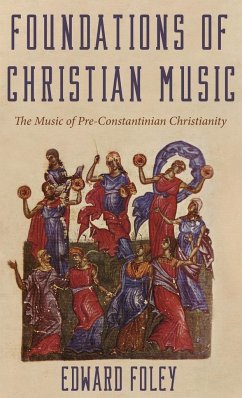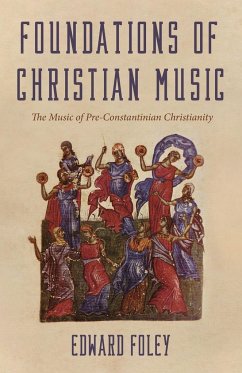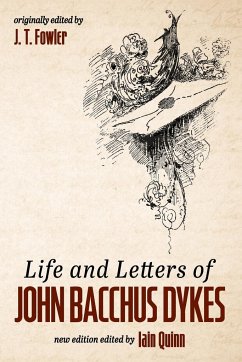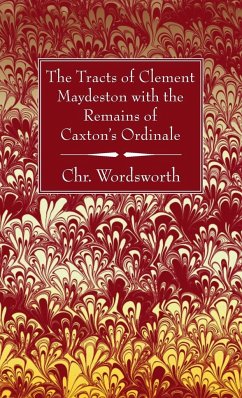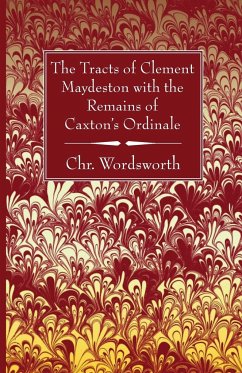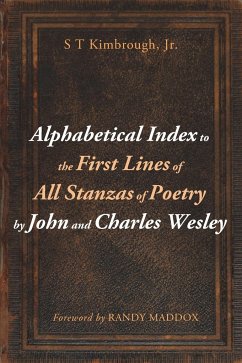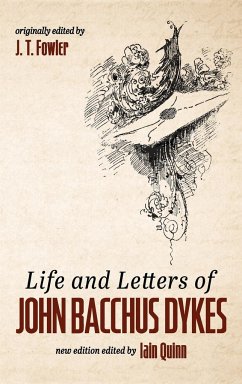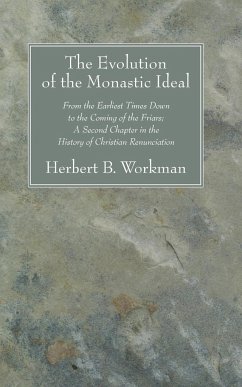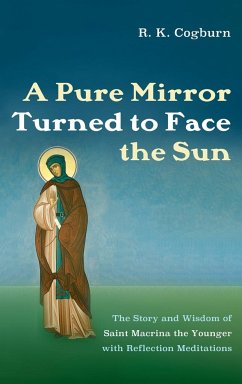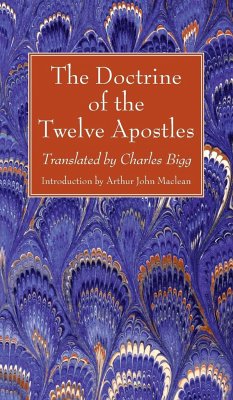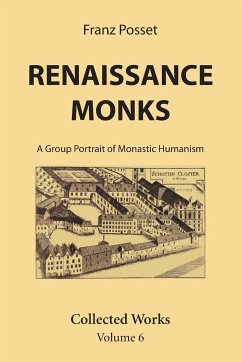
Renaissance Monks
Versandkostenfrei!
Versandfertig in 1-2 Wochen
22,99 €
inkl. MwSt.

PAYBACK Punkte
11 °P sammeln!
This volume deals with the intellectual world of ""progressive"" Benedictine and Cistercian monks who vicariously represent humanists in cloisters (Klosterhumanismus, Bibelhumanismus) in German speaking lands: Conradus Leontorius (1460-1511), Maulbronn, Benedictus Chelidonius (c. 1460-1521), Nuremberg and Vienna, Bolfgangus Marius (1469-1544), Aldersbach in Bavaria, Henricus Urbanus (c. 1470-c. 1539), Georgenthal in the region of Gotha and Erfurt, Vitus Bild Acropolitanus (1481-1529), Augsburg, Nikolaus Ellenbog (1481-1543), of Ottobeuren. For the first time in historical-theological research,...
This volume deals with the intellectual world of ""progressive"" Benedictine and Cistercian monks who vicariously represent humanists in cloisters (Klosterhumanismus, Bibelhumanismus) in German speaking lands: Conradus Leontorius (1460-1511), Maulbronn, Benedictus Chelidonius (c. 1460-1521), Nuremberg and Vienna, Bolfgangus Marius (1469-1544), Aldersbach in Bavaria, Henricus Urbanus (c. 1470-c. 1539), Georgenthal in the region of Gotha and Erfurt, Vitus Bild Acropolitanus (1481-1529), Augsburg, Nikolaus Ellenbog (1481-1543), of Ottobeuren. For the first time in historical-theological research, new insights are provided into the world of the ""social group"" called Monastic Humanists who emerged next to the better known Civic Humanists within the diverse, international phenomenon of Renaissance humanism.



